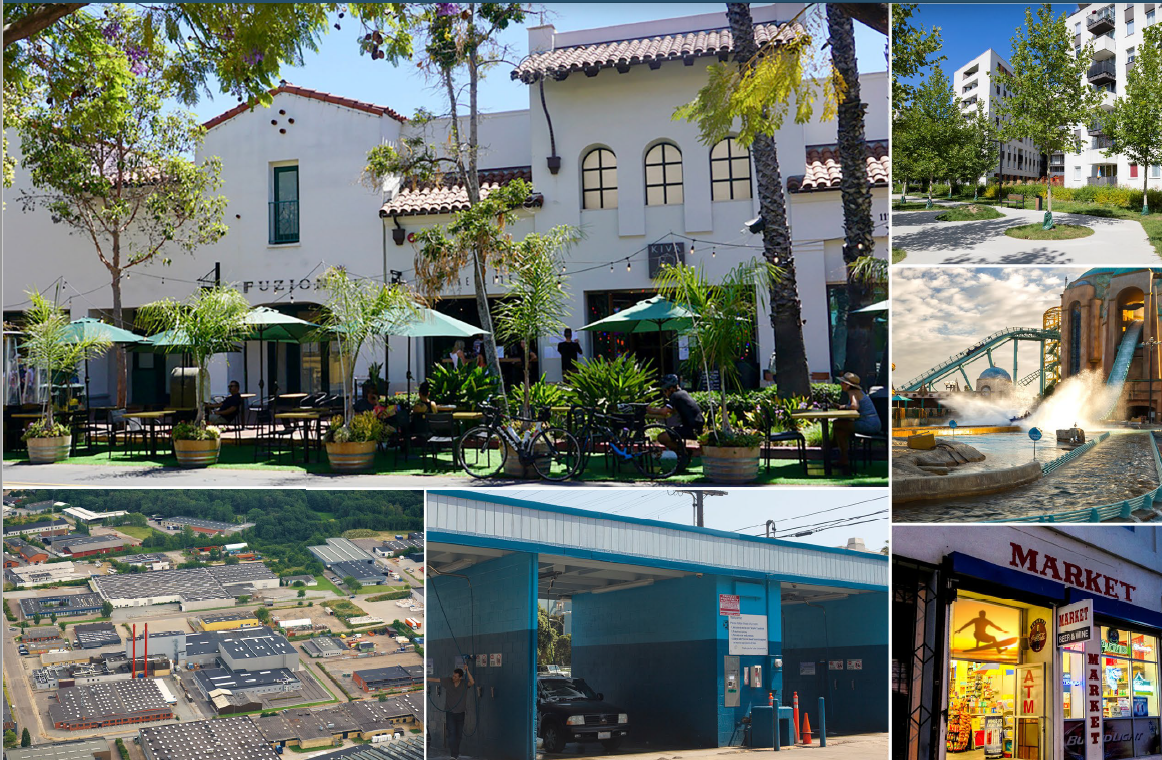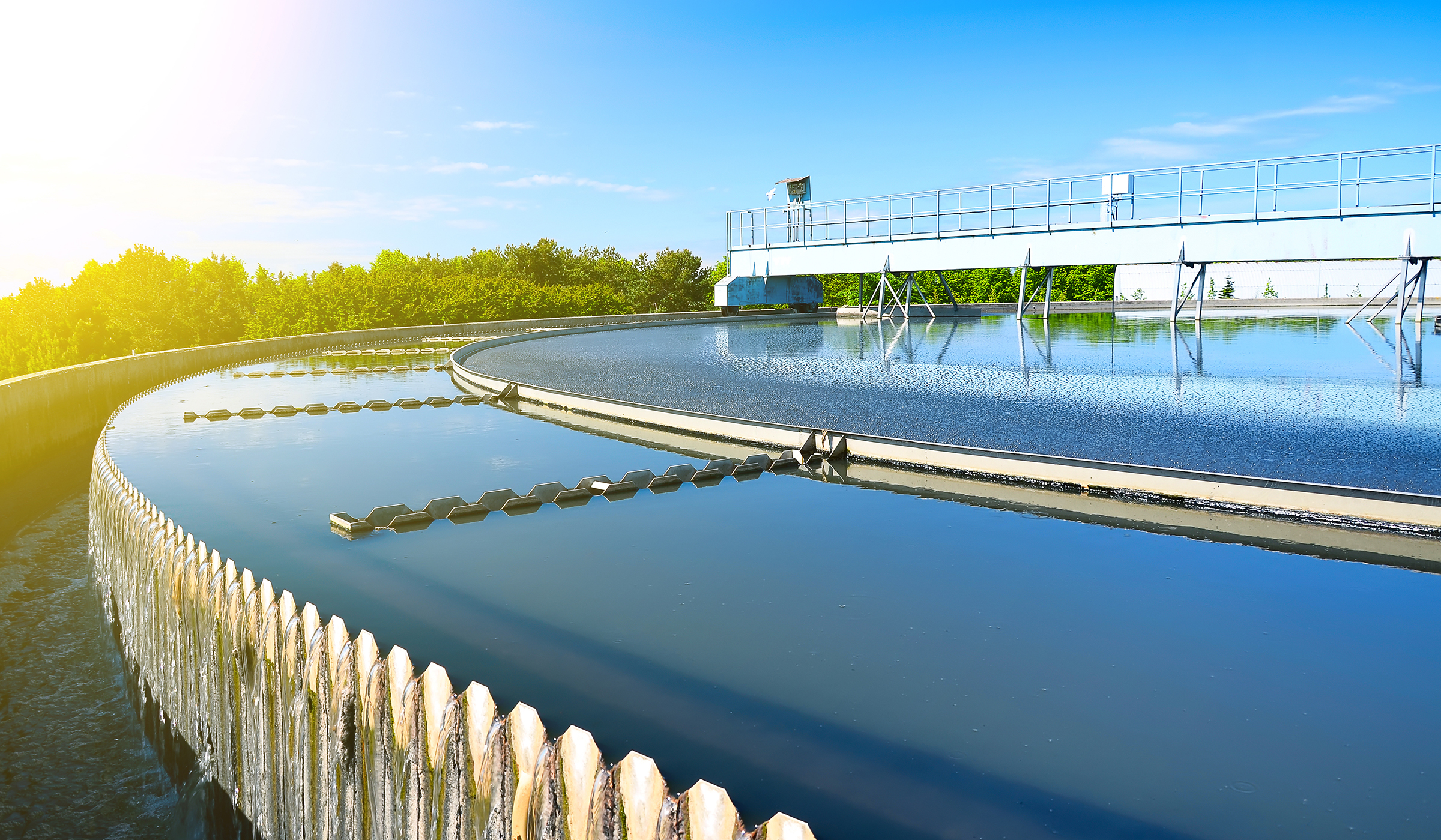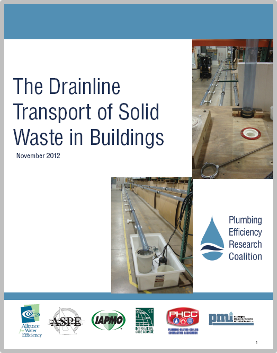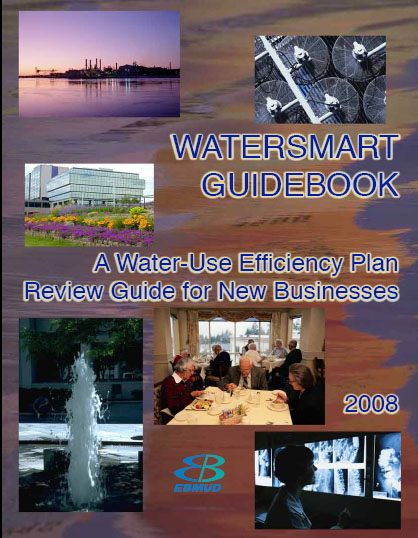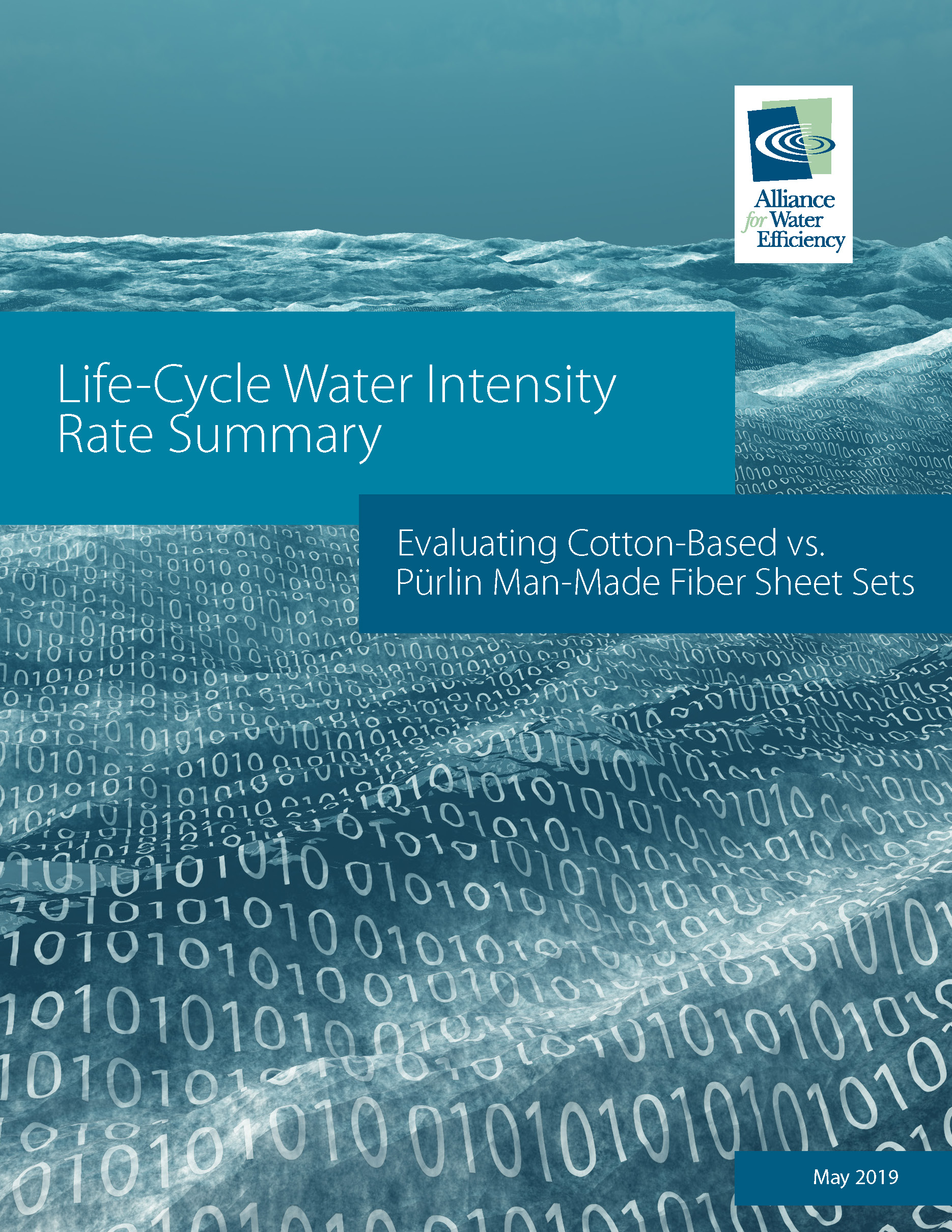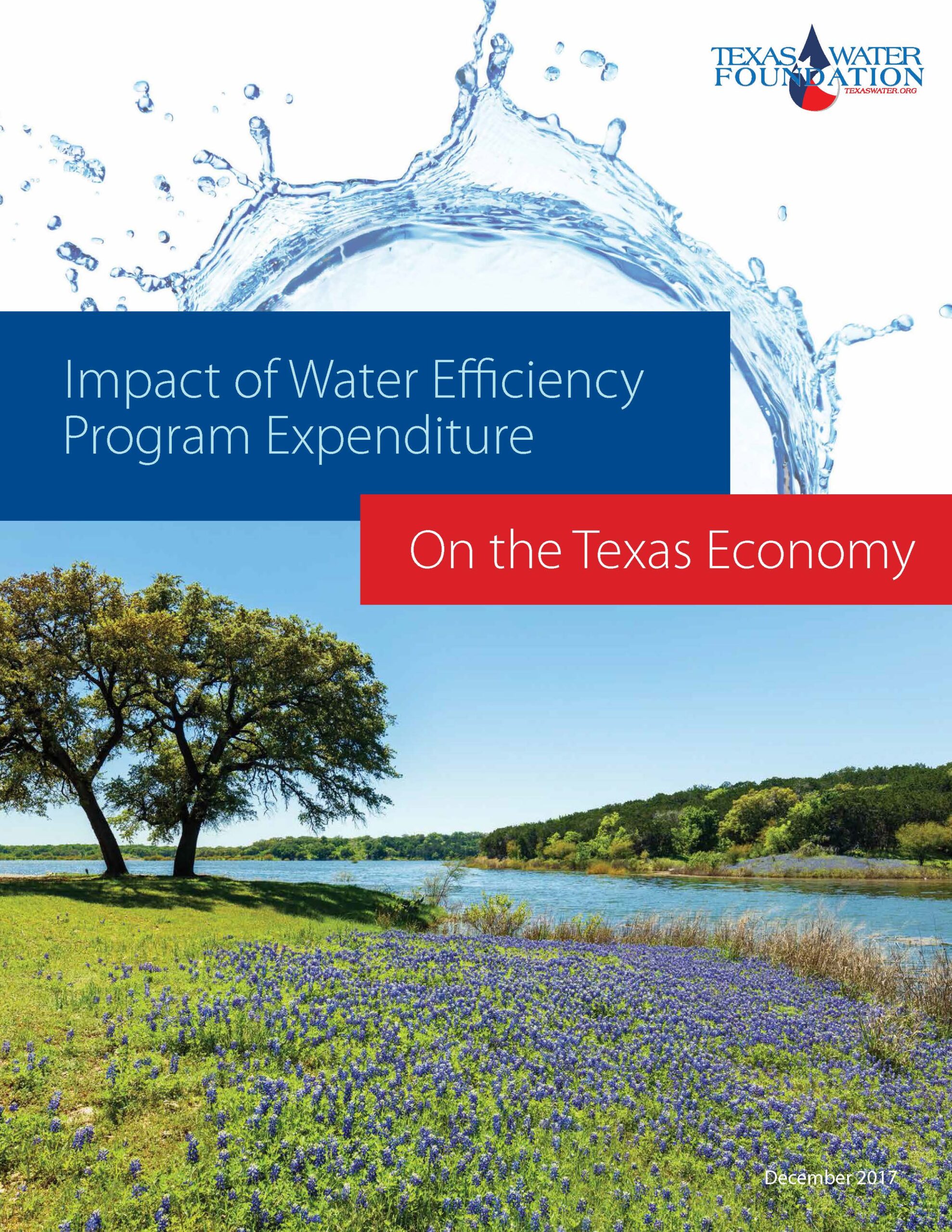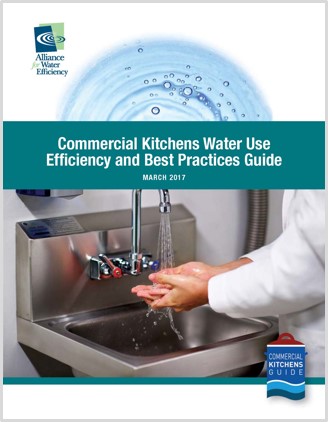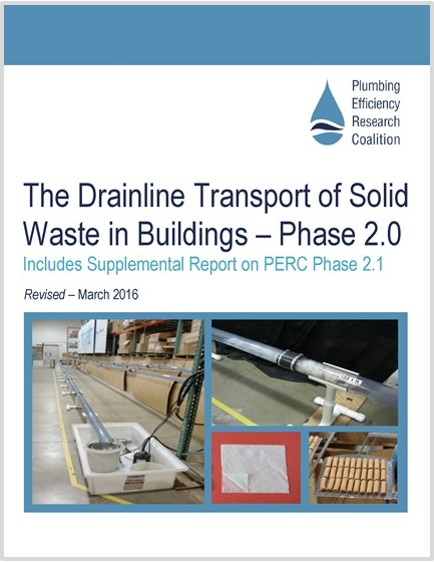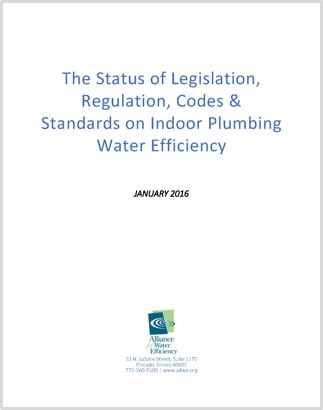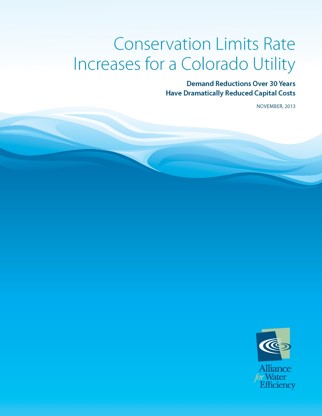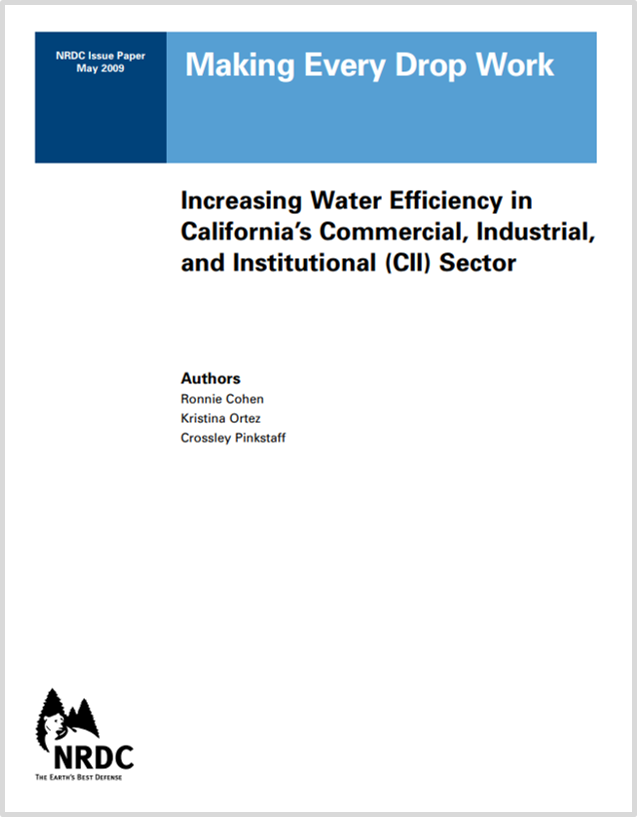Commercial, Industrial, Institutional (CII)
Water use in the commercial, industrial, and institutional (CII) sectors varies widely, encompassing activities such as manufacturing, office operations, hospitality, and healthcare. Implementing common water-efficient technologies, such as smart irrigation solutions, cooling towers, plumbing fixtures, and commercial appliances, can significantly reduce consumption across these sectors. Beyond these more common technologies, process optimization and equipment upgrades tailored to specific industries can further enhance water efficiency. Conducting comprehensive water audits allows businesses and institutions to identify inefficiencies and prioritize areas for improvement. Education and outreach initiatives also play a crucial role in promoting water-saving behaviors among employees and stakeholders. Furthermore, adopting sustainable water management practices not only conserves this precious resource but also mitigates operational costs and enhances corporate social responsibility efforts.


